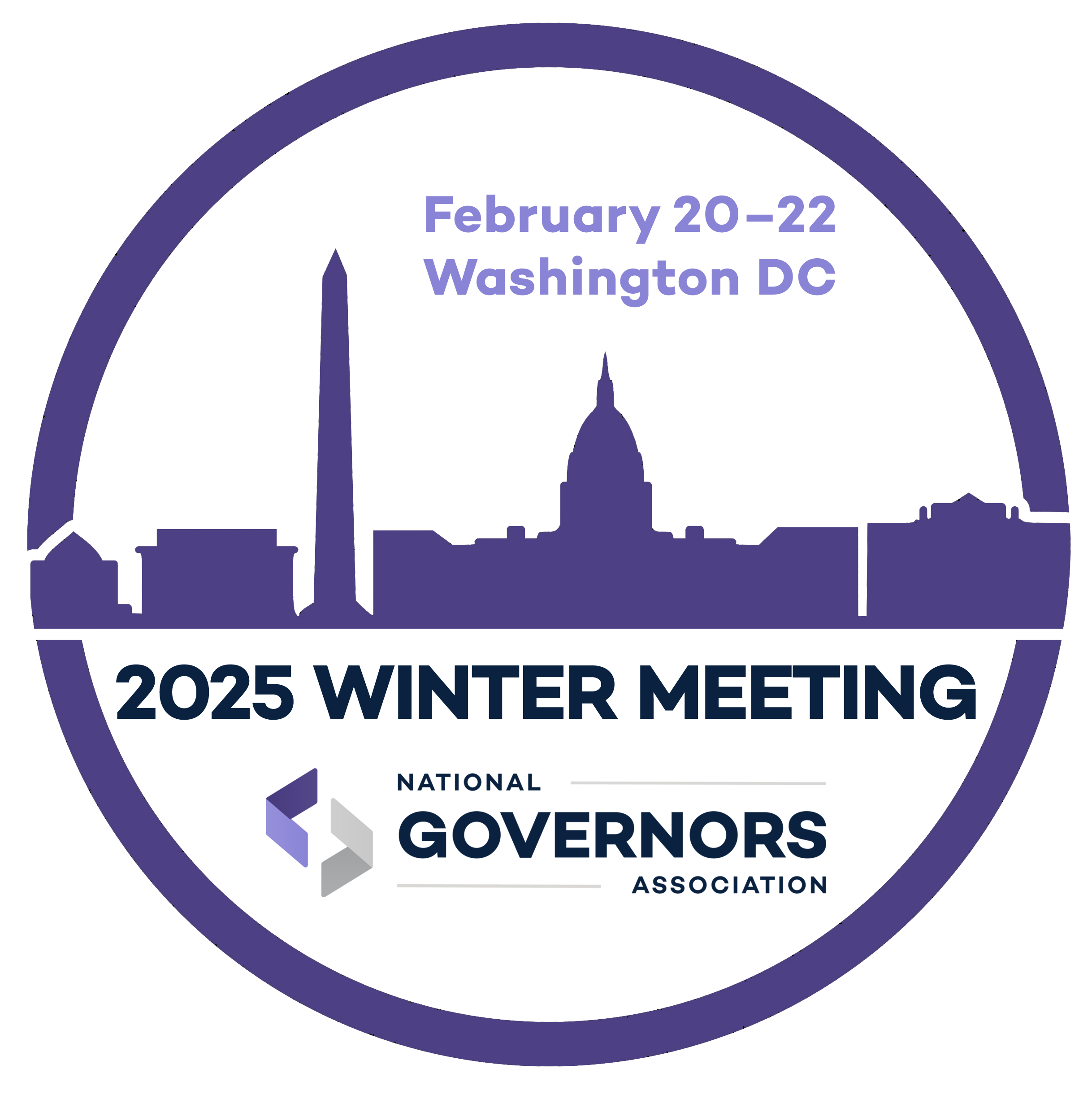The shifting labor force landscape brought on by the COVID-19 crisis made it especially critical that students and taxpayers see a return on their investment in postsecondary education programs.
With generous support from Lumina Foundation, the National Governors Association (NGA) partnered with the National Center for Higher Education Management (NCHEMS), EducationCounsel, and the State Higher Education Executive Officers Association (SHEEO) to publish policy briefs on four unsung elements of quality assurance in higher education. These elements are eligible training provider lists, non-degree training providers, veterans program approval, and occupational licensure.
These new resources were informed by input received from stakeholders at regional roundtables in October 2019 and February 2020.
Eligible Training Provider Lists
The Workforce Innovation and Opportunity Act (WIOA) gives governors significant authority to set eligibility parameters and accountability metrics for training providers. This policy brief examines the pertinent WIOA provisions and offers issues for governors to consider as they make efforts to assure quality among entities that provide workforce training in their state. (View/Download)
Non-Degree Training Providers
Individual state governance structures are critical to any effort to assure quality among non-degree training programs. This brief includes results from a survey of state higher education executive offices on issues of governance and oversight authority. (View/Download)
Veterans Program Approval
About $15 billion in federal aid is allocated every year to help veterans and their families pursue higher education. This brief provides an overview of current programmatic and institutional quality issues facing students and previews the six-state pilot launched by the National Association of State Approving Agencies (NASAA) and EdCounsel to help states improve their quality assurance mechanisms for veterans program approval. (View/Download)
Occupational Licensure
The COVID-19 crisis has required governors to strike a meaningful balance between quality and flexibility for licensing. This brief explores these issues as well as issues of equity with regards to occupational licensure. (View/Download)
Partners
NCHEMS
The National Center for Higher Education Management Systems (NCHEMS) is a private nonprofit (501)(c)(3) organization whose mission is to improve strategic decision making in higher education for states and institutions in the United States and abroad. The NCHEMS Information Center for State Higher Education Policymaking and Analysis provides state policymakers and analysts’ timely and accurate data and information that are useful in making sound higher education policy decisions.
SHEEO
The State Higher Education Executive Officers Association (SHEEO) serves the chief executives of statewide governing, policy, and coordinating boards of postsecondary education and their staffs. Founded in 1954, SHEEO promotes an environment that values higher education and its role in ensuring the equitable education of all Americans, regardless of race/ethnicity, gender, or socioeconomic factors. Together with its members, SHEEO aims to achieve this vision by equipping state higher education executive officers and their staffs with the tools to effectively advance the value of higher education, promoting public policies and academic practices that enable all Americans to achieve success in the 21st century, and serving as an advocate for state higher education leadership.













